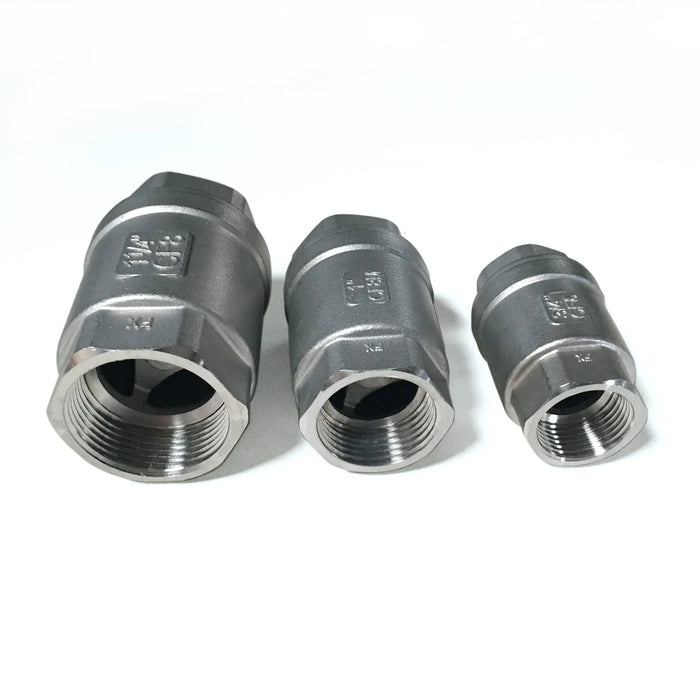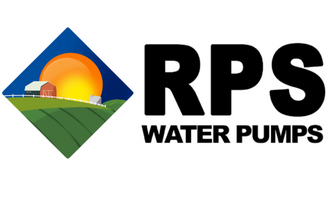

Answering Your Water Pump Questions
with RPS Engineer Mike
What burns out a well pump?
If you’ve ever had the misfortune of needing to replace a well pump, and then immediately needing to replace it again, you know how much that can sting. If you haven’t experienced that, you certainly don’t want to, so here are some of the top reasons why submersible well pumps burn out, and what you can do to prevent them!
1: Well Pump Cycle Speed is Too High
If your pump is constantly cycling on and off for whatever reason, maybe a low volume pressure tank or a faulty well pump pressure switch is going to cut into the lifespan of the well pump. Our pumps do ramp up in voltage as they start, so many of our customers prefer to install with a torque arrestor to reduce wear and tear. Besides that, minimizing cycle speed as a whole is something to reduce where possible. A pump only has a set amount of cycles before its efficacy is reduced; so to keep any water pump as high-performing as possible, you may need to upgrade your pressure tank or reduce your pump GPM so it’s not constantly over pumping your well.
2: No Water in the Well / Pumping Air and Debris
If you place your deep well pump too close to your Static Water Level (water surface) in the well, you may inadvertently over-pump your well. In this scenario there is the possibility of your pump burning out due to bubbles of air forming in the water column. To prevent this It’s imperative to match your pump flow rate with the production of your well, as well as to plant the well pump well below your SWL. Something similar can happen with high degrees of debris. Although our pumps are designed for sand, sediment and other material, leftover sludge from well-drilling or heavy debris found at the bottom of a well can be a problem. This is why we recommend setting the pump 20’ from the bottom of the well.

3: Backflow Pressure
If you’re pumping into a pressurized system, proper checks need to be applied. Namely, a backflow preventer or ‘check’ valve that helps prevent water from flowing in the opposite direction, as well as a pressure relief valve for high pressure applications (above 75 PSI). Without a check valve, pressure wouldn’t build to the degree necessary to turn your pressure sensor on or off, and your water pump would be under greater and greater strain as it continues to operate. Thankfully, all our well pumps come with a pre-installed No-Slam Check Valve; customers also are recommended to install a second one as a redundant feature.

4: Poor Well Pump Quality
Let's say you’ve done everything correctly on your end: made sure pressure systems are installed with the proper equipment, adjusted your submersible well pump depth and matched your well production GPM, and maintained a low amount of total cycle times. If your pump is still wearing out every few months or couple of years, there may be an issue with quality. Plastic pumps and diaphragm pumps are often cheaper than stainless steel centrifugal pumps, but they are a vastly inferior product. Most people would agree that the time and effort spent to constantly replace a cheap good is not worth the money saved, and the truth is after a couple of years of replacing poor quality products you won’t be saving money either.
By completing our sizing guide, customers have the opportunity to receive a free installation guide that goes over some of these issues in more detail. Better yet, you can call us at (855)-560-5670 or email us at help@ruralpowersystems.com to chat with a knowledgeable specialist! Whether you just want to learn more about our pumps, or chat through a troublesome well that always seems to cause problems, we’re here to listen. Since we don’t make commission, there’s no pressure to buy right away, just helpful service. We look forward to hearing from you, and hope you have a great day!
Take the Next Step to Water Independence
Learn More About Water Pumps
-
 If you’re considering replacing a well pump and it’s your first time, you may have questions about long it may take. We often say a full install only has to be a couple of hours, but is that actually accurate?Read now
If you’re considering replacing a well pump and it’s your first time, you may have questions about long it may take. We often say a full install only has to be a couple of hours, but is that actually accurate?Read now -

How many GPM is a good well pump?
Water needs can differ significantly depending on circumstances, and you may need a submersible well pump with a significantly higher or lower flow rate, depending on household size, irrigation needs, and sprinkler use.Read now -

Can you put in too big of a pressure tank?
When it comes to sizing a well pressure tank, there really isn’t an upper limit as to how big of a tank you can put in. There are some pros and cons to different size pressure tanks, and they can have an impact on the lifespan of your pump.Read now





